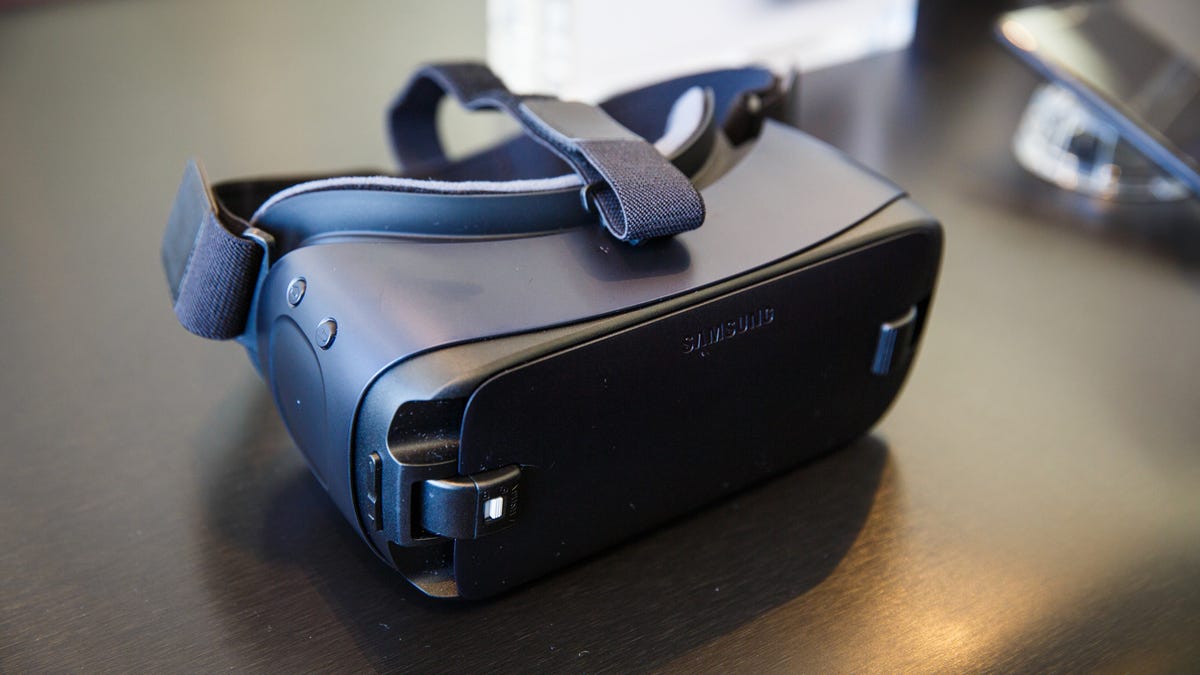VR ad-tech company Vertebrae raises $10 million
Vertebrae is trying to create advertising designed specifically for virtual reality. Nobody like commercials, but VR-dedicated ads could help move toward more free VR content.

Samsung's $99 Gear VR headset makes virtual reality accessible to anyone with one of the company's flagship phones. VR advertising, like the kind Vertebrae is developing, will help keep the cost of virtual-reality content down, too.
Virtual reality ad-technology startup Vertebrae has raised $10 million in a Series A round of funding.
The company, formed about a year ago, is working on an advertising system designed specifically for virtual reality, the immersive entertainment format reaching consumers this year through headsets like Facebook's Oculus Rift, HTC's Vive and Samsung's Gear VR.
Not many consumers would cheer for adding advertising to anything. But companies like Vertebrae could help ensure VR is more fun for consumers. When VR publishers can make money off their product by running ads, rather than forcing the viewer to cough up a pay-t0-play cost for everything, more VR content can be available free.
Plus, designing an ad system just for VR could avoid jarring interruptions.
"We want to be sure that we're doing advertising that is isn't regurgitating banner ads and 2D video," said Vincent Cacace, CEO and founder of Vertebrae.
Vertebrae, which is based in Santa Monica, California, will use the new funding to hire more workers and invest in research and development. Currently at a staff of about 18, Vertebrae's team includes people with backgrounds from Oculus, Google's YouTube, Activision, Facebook and Twitter.

